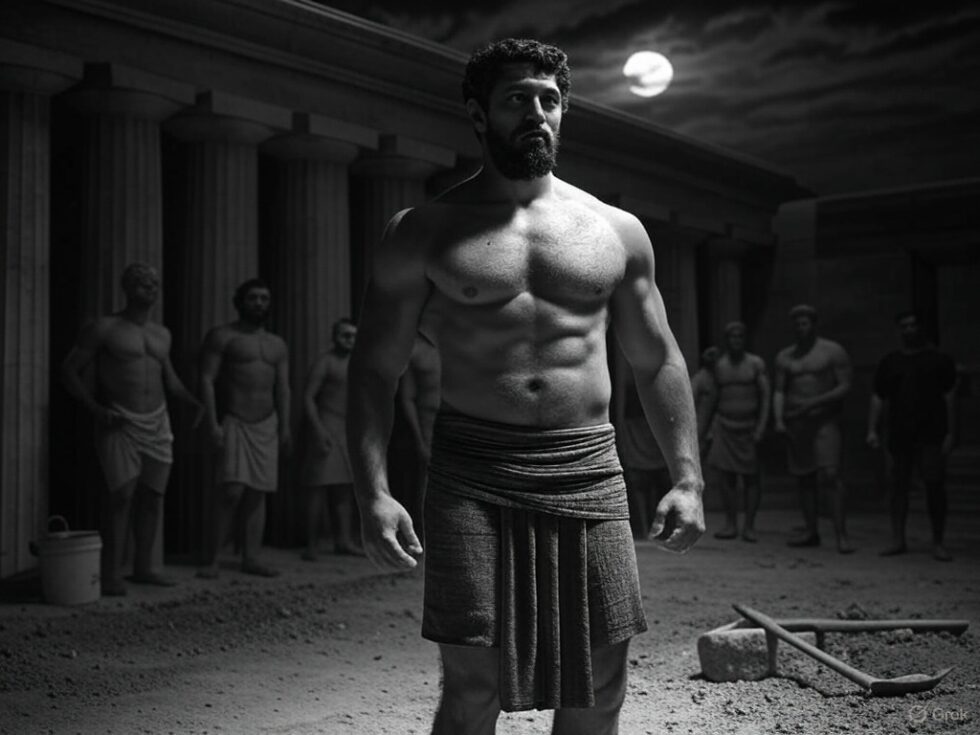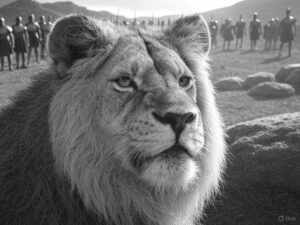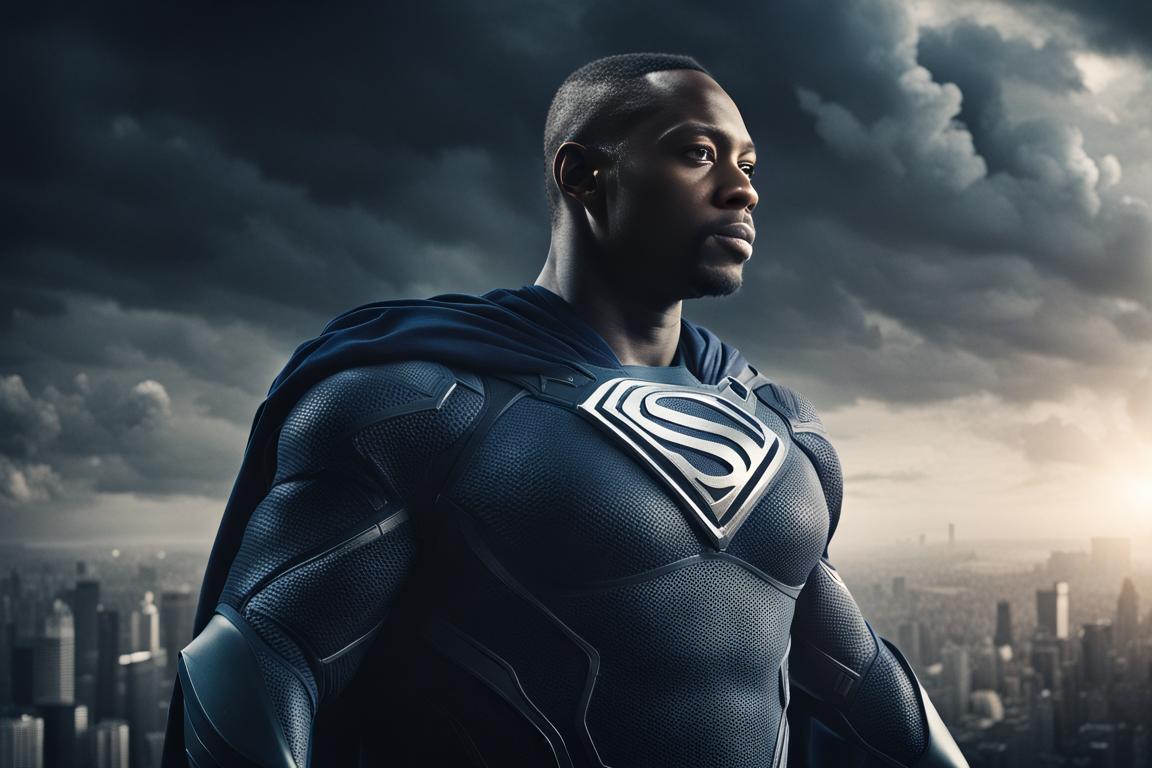
In a world where myths and legends shape reality, Hercules’ refusal to perform his twelve labors sent ripples through the ancient world, altering history and the fate of mankind.
It all began on a fateful morning when Hercules, the son of Zeus and the mortal Alcmene, awoke with a heavy heart. The Oracle of Delphi had decreed that to atone for his past sins and achieve immortality, he must serve King Eurystheus and complete twelve seemingly impossible tasks. Yet, as he sat by the banks of the Alpheus River, Hercules pondered the nature of his penance. Was it truly his destiny to be a pawn in the games of gods and kings? This thought gnawed at him, and for the first time, he questioned the path laid before him.
Hercules stood up, his mind resolute, and declared to the heavens that he would not be a slave to fate. He would forge his own destiny, one not dictated by the whims of the gods. This act of defiance sent shockwaves through Olympus. The gods, accustomed to mortals bending to their will, were outraged. Hera, who had been the architect of Hercules’ trials, seethed with fury, while Zeus watched with a mixture of pride and concern for his son.
As Hercules turned his back on the labors, the world began to change. Without the hero to slay the Nemean Lion, its terror spread across the Greek countryside. Villages were razed, and the people lived in constant fear. The Hydra of Lerna, left unchecked, multiplied and spread its venomous influence, poisoning rivers and lands. The Erymanthian Boar rampaged through towns, and the Stymphalian Birds darkened the skies, their metallic feathers raining down like deadly arrows.

Yet, in the midst of chaos, something unexpected happened. Inspired by Hercules’ defiance, ordinary men and women began to rise up. A farmer named Lycos, whose village had been ravaged by the lion, took up a spear and rallied his neighbors. Together, they devised a plan, using their knowledge of the land to trap and slay the beast. In Lerna, a young woman named Callista, armed with her wits and a burning desire to protect her family, discovered a way to lure the Hydra into a trap, severing its heads and cauterizing the stumps to prevent them from growing back.
These acts of bravery sparked a movement across Greece. Communities banded together to face threats that had once seemed insurmountable. The age of heroes was not over; it had merely transformed. No longer did they rely on the strength of one demigod, but on the collective courage and ingenuity of many.
Meanwhile, Hercules, free from the burden of the labors, embarked on a journey of self-discovery. He traveled the world, learning from different cultures and honing his skills not as a warrior, but as a healer and teacher. In Egypt, he studied the art of medicine and brought back knowledge that would save countless lives. In India, he learned the philosophy of inner peace, which he shared with those seeking solace from the turmoil of the world.
Hercules’ travels brought him to the farthest reaches of the known world, where he encountered a tribe living in harmony with nature. From them, he learned the importance of balance and respect for all living things. This newfound wisdom shaped his legacy, as he became a symbol of peace and unity rather than brute strength.
Back in Greece, the gods watched the unfolding events with a mix of astonishment and grudging respect. Hera, though still bitter, could not deny the resilience and ingenuity of the mortals. Zeus, proud of his son’s journey, decreed that Hercules’ defiance had proven his worthiness. The demigod was granted immortality, not for completing the labors, but for showing the world that destiny could be shaped by one’s own hands.
As decades passed, the tales of Hercules’ defiance and the rise of the people became legend. The world had changed, and with it, the relationship between gods and mortals. No longer were humans mere playthings of the divine; they were partners in the shaping of their own fates.
In the end, Hercules’ refusal to perform his twelve labors did not lead to chaos and ruin, but to a new era of empowerment and enlightenment. The world learned that true strength lay not in the hands of a single hero, but in the hearts of many, united in their common cause. And so, the legend of Hercules lived on, not as a tale of labors completed, but as a testament to the power of choice and the indomitable spirit of humanity.




